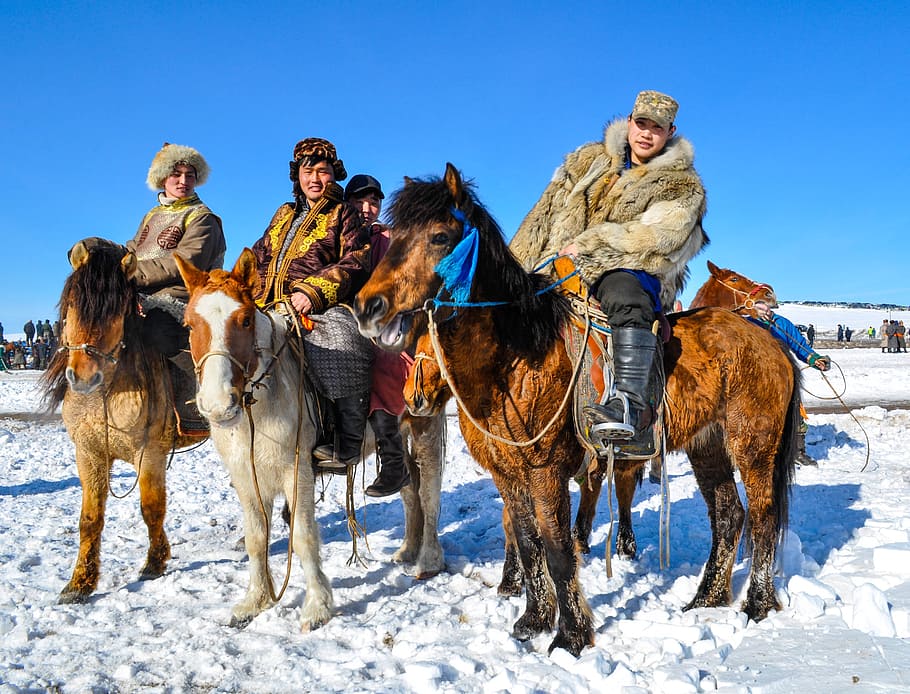Mongolia’s economy is set for a steady recovery and growth, with the World Bank projecting a 5.3% expansion in 2024 and 6.5% in 2025. This positive outlook is driven by strong performance in the mining sector and robust domestic demand, despite challenges in agriculture and the external environment.
According to the World Bank's latest Mongolia Economic Update, the country’s economy held steady at 5.7% growth in the first half of 2024, with momentum continuing into the third quarter. A key driver behind this growth is the sustained surge in mining, particularly from the Oyu Tolgoi copper and gold mine, along with a booming transportation sector. However, agriculture has faced setbacks due to harsh climate conditions, impacting overall sectoral performance.
Domestic demand has been a significant contributor to the nation’s economic expansion, particularly in construction and consumer spending. However, this has put pressure on Mongolia’s balance of payments, as the demand for imports is outpacing revenue generated from commodity exports. Despite this, the country’s growth trajectory remains positive, with an expected 6.0% growth rate for 2026–2027, driven by diversified sources of growth, including services, trade, and agriculture.
Mining and Other Sectors to Fuel Future Growth
Mongolia’s growth is expected to remain robust through the medium term, with the mining sector continuing to play a pivotal role. The Oyu Tolgoi mine is expected to see a surge in output in 2025, supporting the country’s growth. However, as mining output moderates in the following years, other sectors such as trade, services, and agriculture are forecast to take on an increasing share of economic growth. Public consumption and investments, spurred by the government’s four-year action plan, are also expected to contribute to the growth acceleration.
Risks to the Outlook: Inflation, Climate Change, and External Shocks
Despite the positive outlook, several downside risks could affect Mongolia’s economy. Increased fiscal spending could lead to higher inflation and exacerbate fiscal and current account deficits. Additionally, climate change poses a significant risk to Mongolia’s agricultural sector, increasing the likelihood of more frequent and severe natural disasters, which could disproportionately affect poor and vulnerable households.
The global economic environment is also a potential challenge. Slower-than-expected global growth could reduce demand for Mongolia’s key exports, while geopolitical tensions could raise fuel prices, driving up imported inflation, production costs, and the country’s import bill.
"While Mongolia's ongoing mineral export boom is delivering positive macro-fiscal outcomes for the second consecutive year, maintaining these gains will require prudent macroeconomic management," said Taehyun Lee, World Bank Country Manager for Mongolia. "The continued reliance on mining leaves Mongolia vulnerable to external shocks, and structural reforms to diversify the economy and increase its resilience remain important."
Fiscal System: Addressing Inequality and Poverty
In addition to its economic projections, the World Bank report also delves into the distributional effects of Mongolia’s fiscal system, particularly regarding poverty and inequality. It highlights that while Mongolia’s tax and social spending policies have been effective in reducing poverty and income inequality, the reliance on broad-based programs has made them costly. To enhance fiscal efficiency, the report recommends two key reforms:
Progressivity of the Tax System: Prioritize reforms to make the personal income tax system more progressive, ensuring that higher earners contribute more to public finances.
Targeted Poverty Programs: Reallocate funding towards more cost-effective, targeted poverty reduction programs that address the needs of the most vulnerable populations.
Prudent Management and Structural Reforms Needed
As Mongolia’s economy grows on the back of mining exports, the World Bank underscores the importance of managing fiscal spending carefully to avoid inflationary pressures and widening deficits. The country must also focus on structural reforms to diversify its economy, increase resilience to external shocks, and ensure that future growth benefits a broader swath of the population. The country’s long-term prosperity hinges on balancing growth with sustainability, equity, and the efficient use of public resources.











